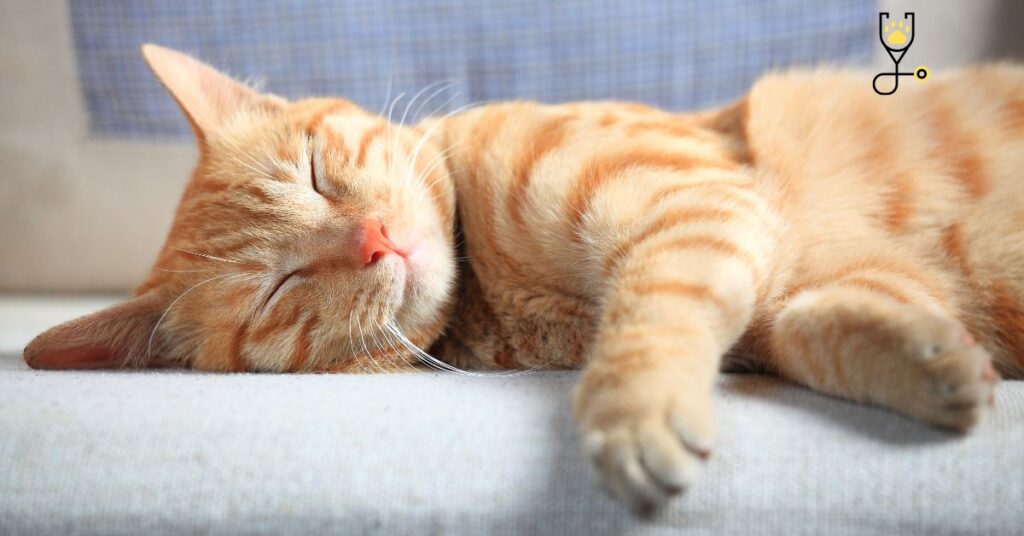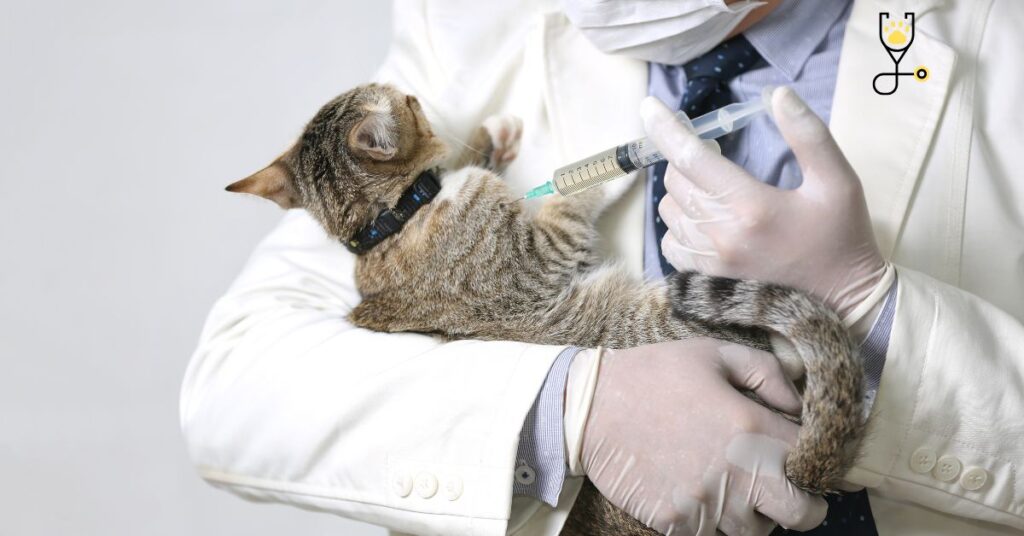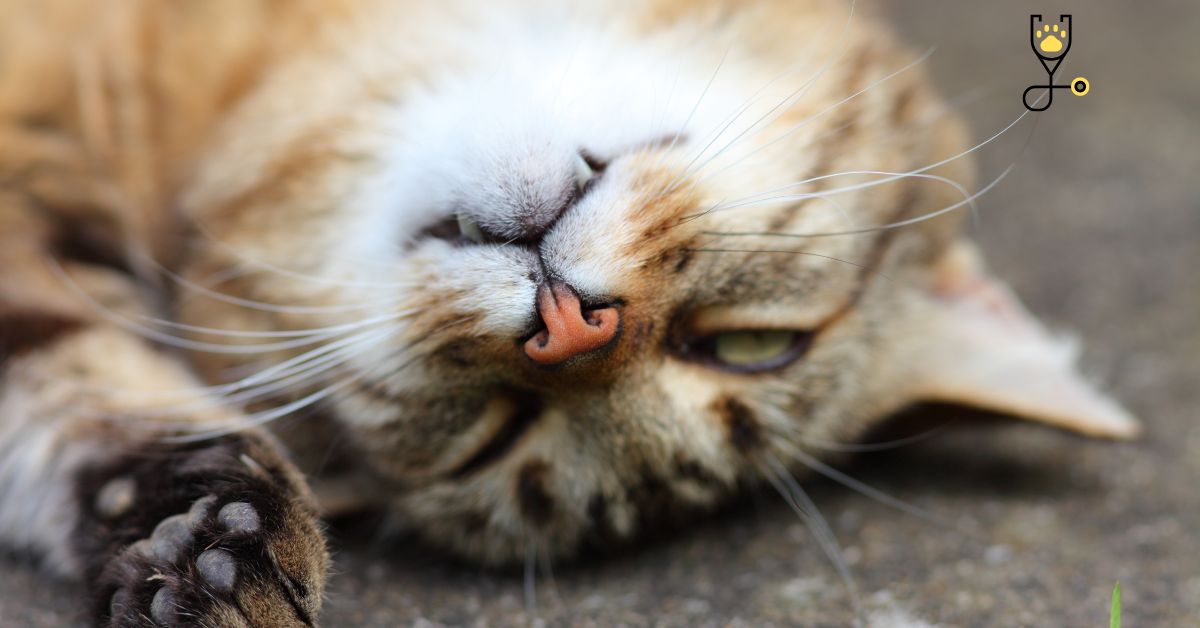Are you a cat owner who is worried about Feline Viral Rhinotracheitis (FVR)? You should be! This virus can cause some serious health problems in your cat. But don’t worry – in this blog post, we’ll tell you everything you need to know about FVR and how to protect your cat from it. Keep reading to learn more!
What is Feline Viral Rhinotracheitis?
Feline viral rhinotracheitis (FVR) is a highly contagious virus that affects cats. It is most commonly seen in kittens, but can also affect adult cats. The virus is spread through contact with an infected cat’s nose or mouth, or through contact with an infected surface (such as a bowl or litter box).
- Cat breeds that are at a higher risk for developing FVR include Siamese cats, Persians, and Himalayans.
Symptoms of FVR include:

– Runny nose: The most common symptom of FVR is a runny nose. Your cat may also have a fever and be tired or lethargic.
– Sneezing: One of the first signs of FVR is usually sneezing. This can be constant or intermittent.
– Eye discharge: Another common symptom of FVR is discharge from the eyes. This can be watery or thick and pus-like.
– Mouth ulcers: Some cats with FVR will develop mouth ulcers. These can make eating and drinking difficult, and may cause your cat to drool.
– Fever: A fever is another common symptom of FVR. Your cat’s temperature may be higher than normal (above 102°F).
If your cat is showing any of these symptoms, it’s important to take them to the vet right away. FVR can cause serious health problems if it’s not treated promptly.
Causes of FVR in cats
FVR is caused by a virus called feline herpesvirus-1 (FHV-1). This virus is very similar to the one that causes cold sores in humans. It’s highly contagious and can be spread through contact with an infected cat’s nose or mouth, or through contact with an infected surface (such as a bowl or litter box).The virus can also be spread through the air, so even if you don’t have an infected cat in your home, your cat could still become infected if they’re exposed to the virus outside. Other cats, such as those in shelters or rescues, are also at risk for FVR.
How is FVR Diagnosed?
Your vet will likely suspect FVR if your cat is showing symptoms and has been in contact with other cats. To confirm the diagnosis, your vet may recommend testing for the virus. This can be done with a blood test or a swab from your cat’s nose or mouth.
Treatment of FVR in cats
There is no specific treatment for FVR. However, there are some things that can be done to make your cat more comfortable and help them recover:

– Antibiotics: If your cat has a bacterial infection along with the virus, your vet may prescribe antibiotics.
– Fluids: Your cat may need to be hospitalized and given fluids(by IV) if they’re dehydrated.
– Pain relief: If your cat is in pain from mouth ulcers or a fever, your vet may prescribe pain medication.
– Rest: It’s important that your cat gets plenty of rest while they are recovering from FVR. Provide them with a quiet place to sleep and limit their activity.
-medicines like l-lysine can help to lessen the symptoms and shorten the duration of the illness.
How to Prevent FVR
The best way to prevent FVR is to make sure your cat is up-to-date on their vaccinations. All kittens should be vaccinated against the virus at 8, 12, and 16 weeks of age. After that, they will need a booster shot every year. Adult cats who have never been vaccinated should also be vaccinated.
In addition to vaccinations, good hygiene can help prevent the spread of FVR. If you have an infected cat in your home, be sure to clean and disinfect all surfaces that they may have come into contact with. This includes their food and water bowls, litter box, bedding, and any other areas where they spend time. You should also wash your hands thoroughly after handling them.
F VR is a serious virus that can cause health problems in cats. However, it is easy to prevent with vaccinations. Be sure to keep your cat up-to-date on their shots and practice good hygiene if they are sick. If you think your cat may have FVR, take them to the vet right away. Early treatment is important for a full recovery.
Prognosis
Most cats will recover from FVR without any long-term problems. However, some cats may develop complications such as pneumonia or chronic respiratory problems. In rare cases, FVR can be fatal. The prognosis is generally good if your cat is treated promptly and properly.
Conclusion
Feline viral rhinotracheitis (FVR) is a serious virus that can cause health problems in cats. However, it is easy to prevent with vaccinations. Be sure to keep your cat up-to-date on their shots and practice good hygiene if they are sick. If you think your cat may have FVR, take them to the vet right away. Early treatment is important for a full recovery.
FAQ’s
Feline viral rhinotracheitis (FVR) is a serious virus that can cause health problems in cats.
The virus can be spread through contact with an infected cat’s nose or mouth, or through contact with an infected surface (such as a bowl or litter box). It can also be spread through the air.
Your vet will likely suspect FVR if your cat is showing symptoms and has been in contact with other cats. To confirm the diagnosis, your vet may recommend testing for the virus. This can be done with a blood test or a swab from your cat’s nose or mouth.
There is no specific treatment for FVR. However, there are some things that can be done to make your cat more comfortable and help them recover:
– Antibiotics: If your cat has a bacterial infection along with the virus, your vet may prescribe antibiotics.
– Fluids: Your cat may need to be hospitalized and given fluids(by IV) if they’re dehydrated.
– Pain relief: If your cat is in pain from mouth ulcers or a fever, your vet may prescribe pain medication.
– Rest: It’s important that your cat gets plenty of rest while they are recovering from FVR. Provide them with a quiet place to sleep and limit their activity.
The best way to prevent FVR is to make sure your cat is up-to-date on their vaccinations. All kittens should be vaccinated against the virus at 8, 12, and 16 weeks of age. After that, they will need a booster shot every year. Adult cats who have never been vaccinated should also be vaccinated.







